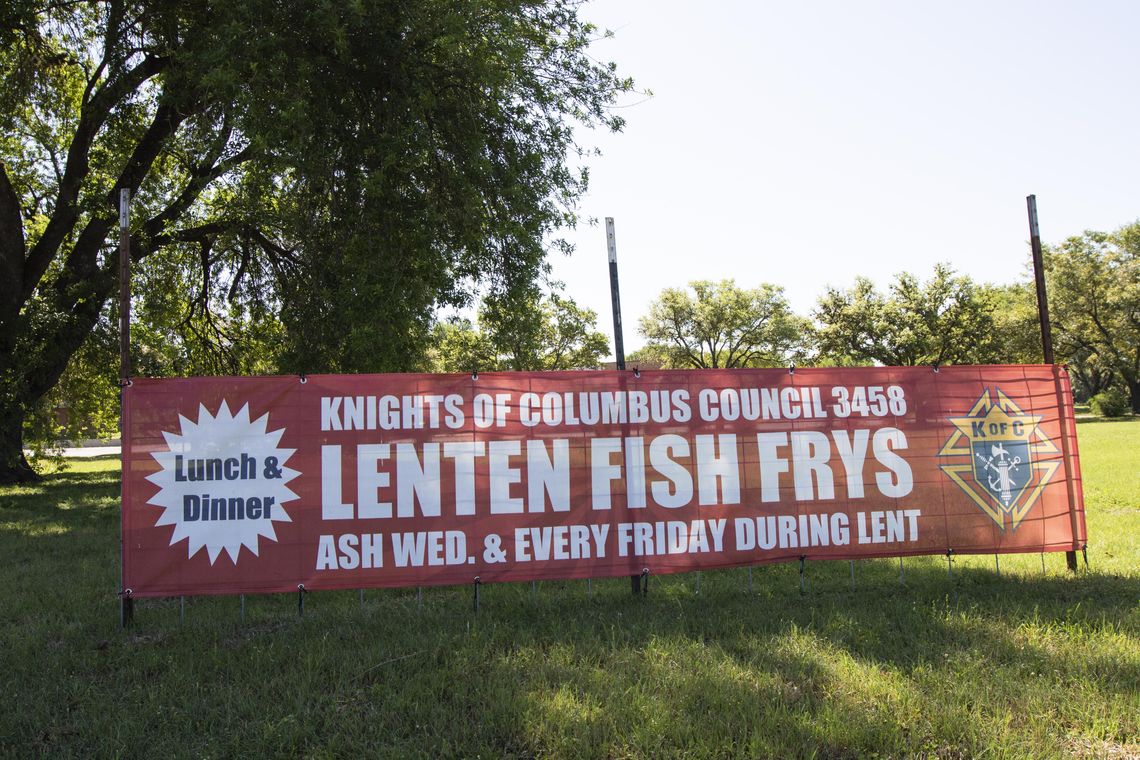San Marcos’ food safety code could see some changes soon as the city strives to stay in line with state regulations while meeting local needs.
At a city council work session meeting last week, Stacy Wright from the city’s environmental health department and Jeff Caldwell, director of neighborhood services, gave a presentation on proposed amendments to the food safety code that would make paperwork easier for food establishments and meet the specific needs of the community.
Wright said that the city has 376 fixed food establishments – restaurants – that are inspected twice a year, along with 34 mobile units that are inspected twice a year, along with three farmers markets. The cottage food industry – at-home preparation of non-hazardous foods, like baked goods – is not regulated by the city, Wright said.
Wright said that some permitting will become more flexible, such as temporary food establishment permits for nonprofits and school programs, and a variance to allow for electrical hookups for mobile food units.
The city is also poised to offer a new food permit rather than annual or temporary: seasonal.
“It’s my favorite,” Wright said. “This is an individual permit with conditions. … We can limit the duration, we can limit the length of time, the menu items.”
Wright said the seasonal permit would be ideal for concession stands, summer school feeding programs or Lenten fish fry events.
Council member Ed Mihalkanin asked if the new regulations would affect the School Fuel program, which provides bags of food for hundreds of students in the San Marcos school district.
“I believe they’re just assembling prepackaged foods into zipper bags,” Mayor Jane Hughson said of the program.
Caldwell said in that case, no food regulations would be needed.
Mihalkanin then asked about groups selling plates of food to help raise money for hospital bills or other personal expenses.
“Those would still fall under the temporary food permit,” Caldwell said.
Council member Mark Rockeymoore said that some churches had been making food to give to people at the Southside Community Center and, under recent changes to the city’s food safety code, had to stop doing it.
“Instead of seeking a permit or seeking a commercial kitchen, they’ve just stopped doing it altogether,” Rockeymoore said. “And that’s a shame to me. … It seems kind of draconian.”
Caldwell said the city is willing to find a way to allow that to resume.
“We probably do have a solution we can work with them on to get them back in business,” he said.
Rockeymoore also asked about mobile trucks and the shutdown of The Hitch.
“I heard that at the time, there were I guess some new rules that were put in place,” he said.
“We actually have more mobile food trucks operating in town now,” Caldwell said. “... What was required of them was to be readily movable and some of them weren’t.”
Caldwell emphasized that the goal of the food safety regulations is not to shut people down but to bring them into compliance with safety rules.
Council member Joca Marquez said she feels like the regulations affect people of color more.
“Our culture is so associated and tied with food,” she said. “... And I think with all these regulations, I don’t know. It’s just going to interfere with that.”
Caldwell noted that the city has to be in compliance with state food safety regulations.
“When the state law changes, we have to adapt to that,” he said. “It’s not an option.”
Mayor Pro Tem Lisa Prewitt said she would like to see the city take a more proactive approach by going to the legislature and trying to affect the state rules.
“The productive way to do this is going through that state law … and going through some of those sections” and trying to get issues cleared up through the legislature.
Prewitt also noted that there are measures currently working their way through the legislature that could affect state food safety laws and thus local laws, such as doggie dining.
“We’ll have to wait and see what the final outcome of that bill is to see what was in it,” Caldwell said.







